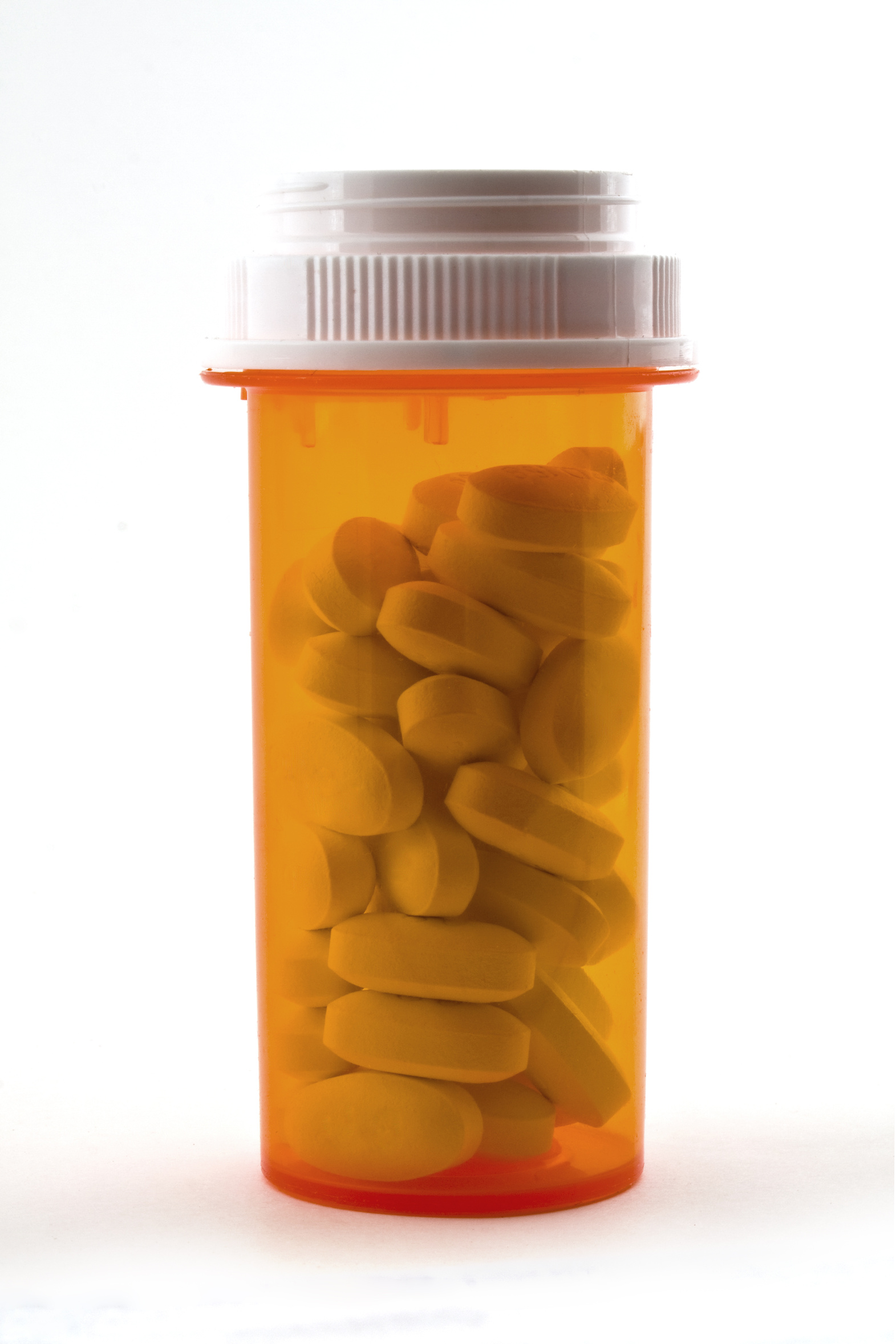 “…choose a few effective and tolerable interventions and then stick with them…”
“…choose a few effective and tolerable interventions and then stick with them…”Your teen is cooperating by attending therapy, participating in a teen support group, taking medicine, practicing yoga, swallowing fish oil pills, and maintaining a journal of feelings. A friend tells you that a gluten-free diet might help and a family member urges you to try healing touch therapy.
Can too many interventions be risky? I believe so.
Too many rigors in the life of a young person can lead to the teen declaring, “I’m not doing any of this anymore!” As adults, it can be easy to forget that teens are freshly out of childhood, unaccustomed to doing much more self-care than dressing and brushing their teeth.Throw too much at them and they may rebel.
But there’s an even greater risk. Some teens may welcome additional interventions, filling their lives with ever more treatment and leaving little time to simply be a teen. Your son or daughter may become a “professional patient,” whereby they define themselves only by their illness. Yet, your growing teen still has the task of developing friendships, creative outlets, academics, and career goals.
The solution is to choose a few effective and tolerable interventions and then stick with them, while letting your teen get on with the other important parts of life. I’m not knocking a gluten-free diet or touch therapy, but consider the impact of introducing a new strategy if the current plan is working. If well-meaning, loving relatives suggest additional strategies, thank them for their help and support and say you’ll keep the information in mind.
 “Do not be afraid to spend an extra week or even month titrating if it makes it easier on you.”
“Do not be afraid to spend an extra week or even month titrating if it makes it easier on you.”